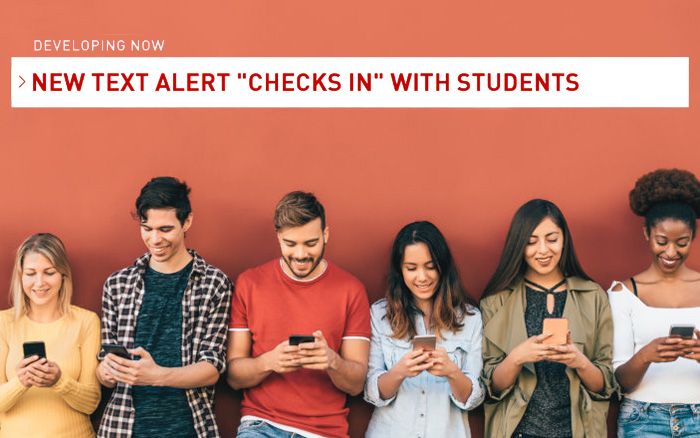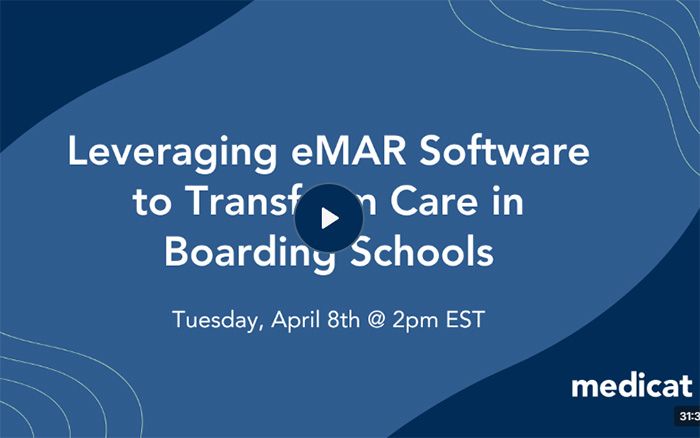Strategies to Boost Immunization Rates
Immunization compliance in higher education is a critical issue that institutions must navigate effectively to ensure the health and safety of their student populations. With the complexities of managing and enforcing vaccine policies, schools are seeking strategies to maximize compliance and streamline processes.
Innovative Approaches to Enhancing Compliance
1. Registration and Building Access Holds
While most institutions have moved away from financial penalties for non-compliance, many still use registration holds as an effective tool. Some colleges like the School of the Art Institute of Chicago use a service indicator to notify students of non-compliance, but this doesn’t prevent them from registering for classes. However, they do take measures such as blocking building access to encourage compliance. For instance, the school may station staff members near major building entrances, informing students on how they can regain building access once they are compliant.
2. Partner With Other Campus Organizations
To ensure timely compliance with immunization requirements, it can be beneficial to utilize a multi-pronged approach. Partnering with the Orientation Team on your campus can help integrate these requirements into the pre-orientation “Things to Do Before Arriving on Campus” list. Further reminders can be sent via email and presented at resource fairs. Collaboration with Residence Life can result in withholding of housing assignments until immunization records are received.
3. Choose the Right Communication Methods
Additionally, an effective communication strategy should utilize progressively urgent email and text reminders to students. When it comes to incoming first-year students, communicating with parents, as well, can prove incredibly effective. You may even consider having the messages leading up to a “lockout date” that restricts access to essential campus systems like their student email. For persistent non-compliance, some schools may find it beneficial to have the Dean of Students get involved with final warnings and other potential restrictions.
4. Make Requirements Impossible to Miss
Some other unique strategies include incorporating shortcuts on school computers and your school’s website with easy-access instructions for how to upload immunization records. Notification banners could also be added to the top of students’ emails or the school’s website. Another strategy to consider implementing is distributing QR code cards with vaccine requirements at events and hanging reminder posters with QR codes around campus. These printed materials should point students to an immunization requirements page with clear instructions for how to upload missing immunization records.
5. Best Practices for Verifying International Records
International students often face unique challenges with immunization compliance due to vaccine availability and record translation issues. Some institutions allow students to translate their own records and use tools like Google Translate to verify the information.
Additionally, the CDC’s Pink Book Appendix B provides translations of common vaccination records. Many schools will also accept the “yellow card” which is used in many countries and typically also includes the English translation. Finally, for specific needs, professional translation services can be valuable for ensuring accurate representation of student health and counseling documentation. These combined approaches can help bridge the communication gap and support international student success.
6. Once You’ve Implemented These Strategies, How Can You Effectively Report on Your Compliance?
Reporting on immunization compliance is a struggle for many schools, with 63% of institutions unable to report on this data.
This lack of reporting capability can leave schools without a clear understanding of compliance rates, making it difficult to respond effectively in the event of an outbreak.
To address these challenges, schools can leverage immunization compliance software, which can offer powerful features:
- Customized cohorts: Create cohorts based on various demographic filters such as class (first-year, sophomore, etc.), vaccination status, or by academic program. This feature enables administrators to tailor their approach to managing compliance according to the specific requirements of different student populations across campus.
- Advanced filtering: Efficiently manage large datasets of immunization records by applying filters such as vaccination type, date of administration, expiry dates, and compliance status. This functionality streamlines the process of tracking immunization status, allowing staff to quickly identify students who are non-compliant or due for vaccinations.
- Robust reporting: Generate detailed reports on trends like vaccine coverage rates, immunization trends over time, and compliance levels among different cohorts. These reports not only facilitate compliance monitoring but also support data-driven decision-making for immunization policies and initiatives over time. Additionally, accurate and efficient reporting helps schools demonstrate compliance with state compliance requirements and provides documentation for external audits of campus vaccine compliance.
- Real-time compliance status: Access up-to-date information on the immunization status of individual students or cohorts. This real-time visibility allows for prompt intervention in case of an outbreak.
Key Takeaways
Immunization compliance in higher education is a multifaceted challenge that requires a combination of effective communication, robust reporting tools, and strategic enforcement mechanisms. By leveraging smart technology and adopting proven best practices, institutions can improve compliance rates and ensure a safe environment for students, faculty, and staff.













